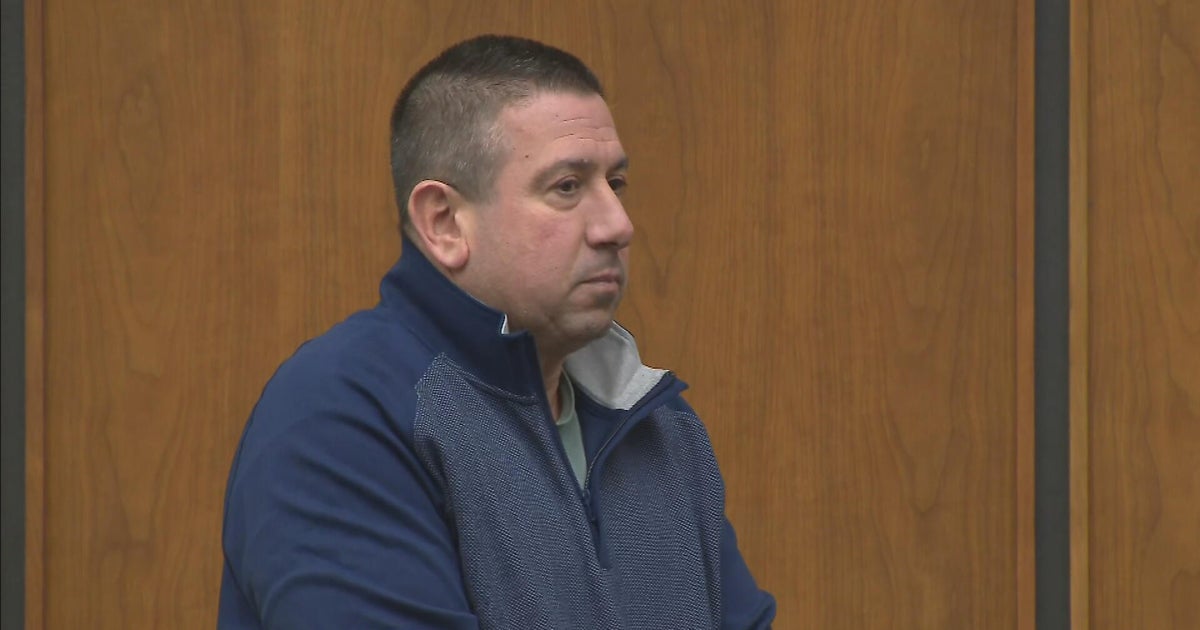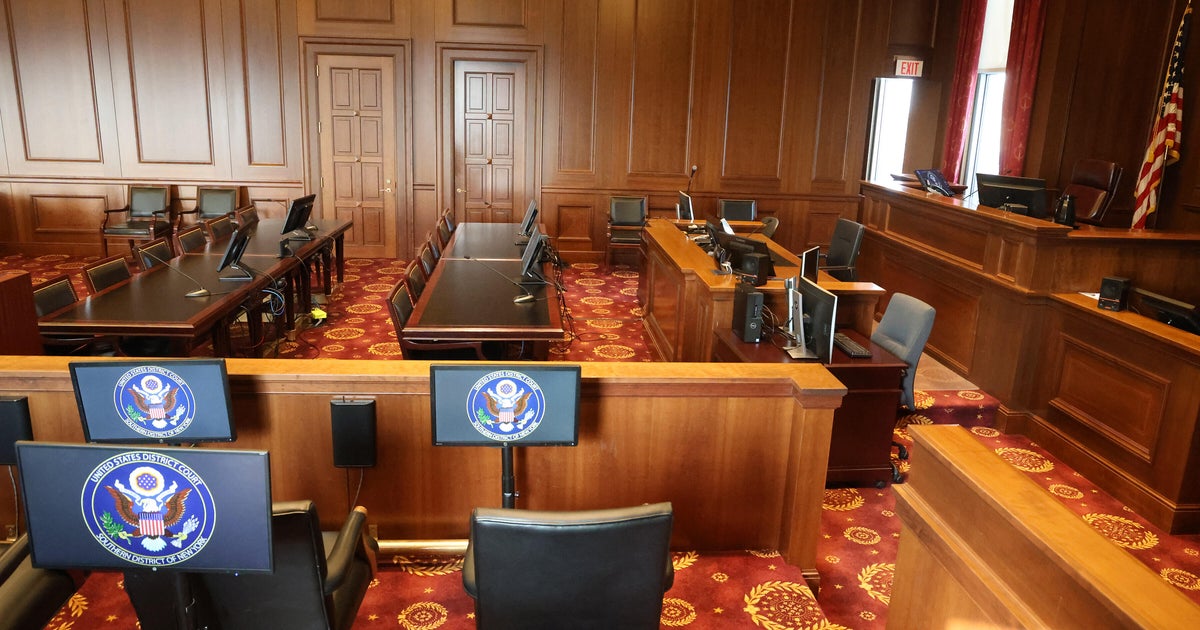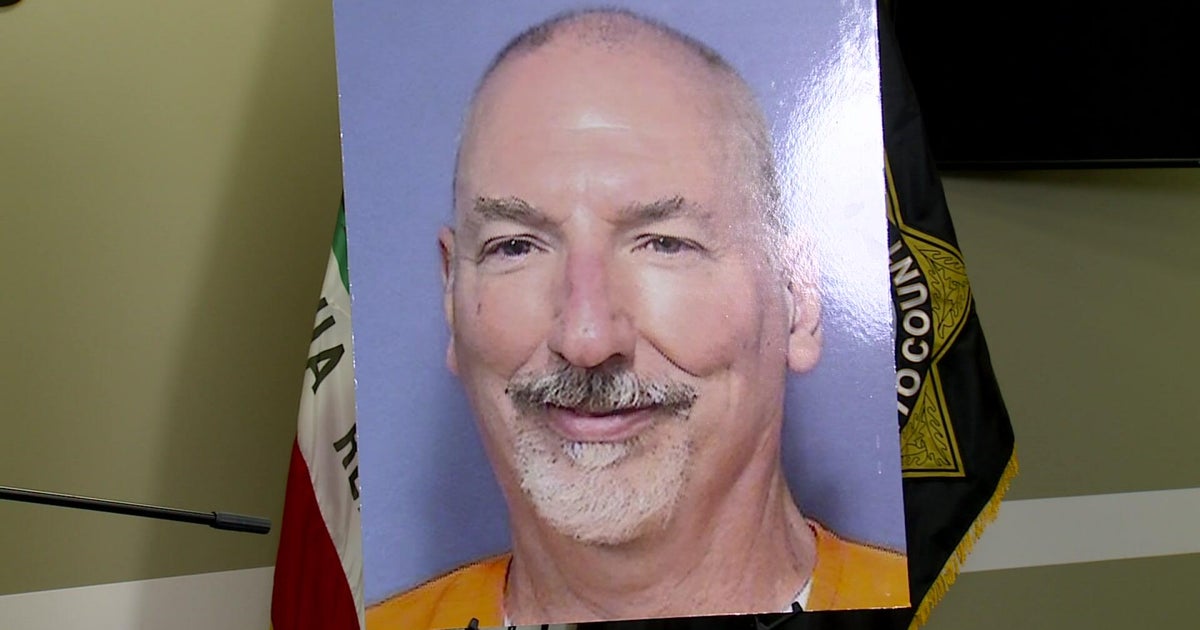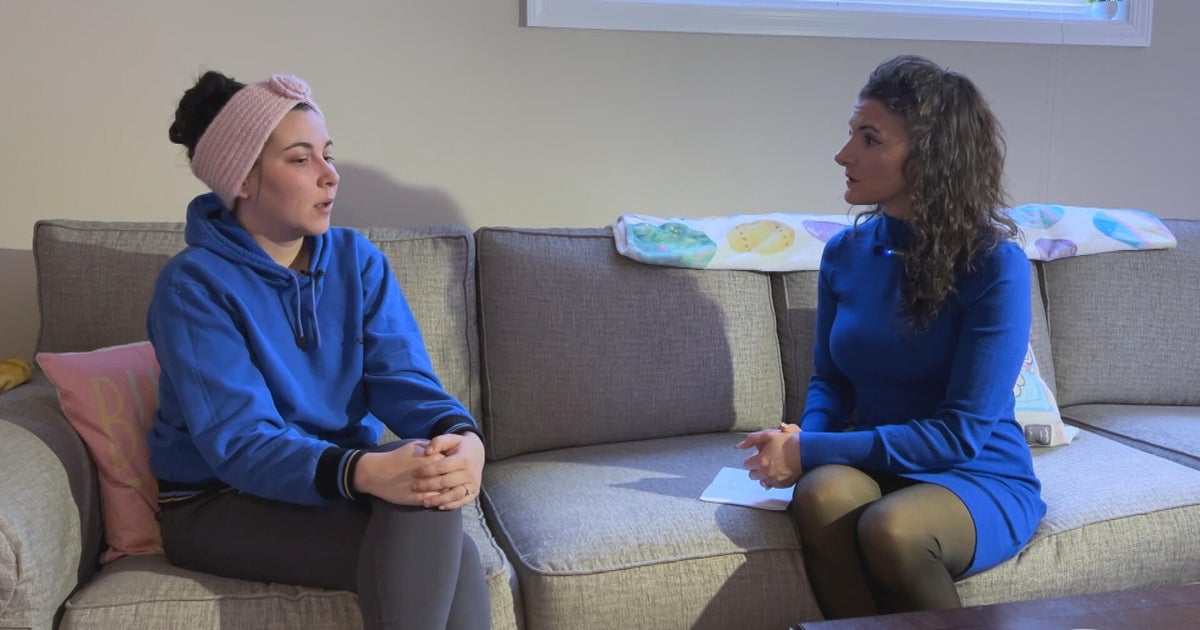Video Shows Nancy Garrido Luring Girl Into Van
SACRAMENTO (CBS/AP) -- Disturbing new video released Tuesday shows the wife of convicted kidnapper and rapist Phillip Garrido luring a young girl into the couple's van, asking her to do the splits and videotaping her, two years after the couple kidnapped 11-year-old Jaycee Dugard.
The videos were released by El Dorado District Attorney Vern Pierson, along with a report highlighting failures in the criminal justice system that allowed Phillip Garrido to roam free despite warnings, and snatch Dugard off a street in South Lake Tahoe in 1991.
He held her for 18 years, raped her and fathered two children with her while holding her captive in a backyard compound near Antioch.
KCBS' Chris Filippi Reports:
Pierson said "law enforcement failed to see Phillip Garrido for what and who he truly is ... evil" and outlined a number of startling details that show how the enterprising Garrido gamed the parole system.
Photo Gallery: The Kidnapping Of Jaycee Dugard
The report outlines dozens of failures by counselors and psychiatrists, including in 1994 when it was learned that Garrido wore a prosthetic penis during drug screenings. "Garrido would wear a fake penis and use warm Mountain Dew to fool the urine tests conducted with this counselor," the report states.
Yet his parole was not revoked, and he and his wife Nancy continued looking for victims.
In one newly released video, shot in 1993, Nancy Garrido asked a young girl to do the splits while she videotapes it.
"That's it. Can you go all the way down?" Nancy says to the girl, who is blurred out in the video released by authorities.
The girl says she can go down farther.
"Let me see, I bet you can go down really easy," Nancy Garrido said.
When the girl notices a light on the camera, she asks Nancy Garrido about it.
"I don't know anything about that camera," said Nancy, quickly changing the subject.
In a separate interrogation video, Nancy Garrido told a detective she made 10 to 20 of these videos for her husband.
Garrido was sentenced to 431 years to life in prison after pleading guilty. Nancy Garrido was sentenced to 36 years to life.
The report said Garrido should not have been freed from prison in 1988, where he was serving a 50-year federal sentence and a five-years-to-life Nevada state sentence for a previous kidnapping and rape. Pierson said the parole system relied too heavily on psychiatric advice in determining Garrido's suitability for parole.
After Garrido nabbed Dugard in 1991, Pierson said federal and state parole agents failed to investigate his history of sexual crimes and instead relied on reports from psychiatrists. This led to agents missing numerous warning signs over dozens of visits.
One of the key mistakes, the report found, was that in 1991 a federal parole agent visited Garrido's recording studio, which a short time later became the first place Dugard was confined and raped after her kidnap. Federal parole officials had said previously that they had seen nothing in their visits that would have led to the discovery of Dugard.
Reporter Jim Naylor for KCBS:
"Had the federal parole agents searched the Garrido residence they would have found her," the report states.
The report says Garrido's federal parole agent only visited his home once between May 1991 and May 1995. It also provides a list of dozens of incidents in which Garrido should have had his parole revoked, including once in 1988 when he contacted a former rape and kidnapping victim and other times when his urine tested positive for methamphetamine.
In her book and grand jury testimony, Dugard said Garrido would go on sex binges with her after he took amphetamines.
Dugard was reunited with her family in August 2009 after her whereabouts were discovered during a meeting with a parole agent who had summoned Phillip Garrido to his office.
The meeting came after two University of California, Berkeley police employees grew suspicious when Garrido showed up at the campus with the two girls he fathered with Dugard and asked for a permit to hold a religious event.
Pierson said he hoped his report would begin a process of exploring potential legislative solutions that will help law enforcement do a better job of supervising and detecting sexual predators.
"The system as a whole failed, and we should all be angry about it," said Pierson at a news conference Tuesday in the state Capitol.
In response to the report, the California Department of Corrections said it has repeatedly acknowledged there was a need for changes in the wake of the Garrido case. The department said it has made "significant improvements," including requiring parole officers to work with federal and other state parole authorities, and re-evaluating all sex offenders. They're also using GPS monitoring for parolees.
Sen. Ted Gaines, R-Roseville, hopes to introduce legislation that would change the rules for evaluating parole of serious offenders, and pass it this month with bipartisan support. He will host a public meeting at the Capitol on Wednesday to discuss the report and possible legislation.
Since a 2008 California Supreme Court decision that said the parole board cannot deny release solely based on the nature of the original crime, the number of paroles granted to prisoners serving life terms has soared, Gaines said.
He said it would be appropriate to give the parole board more discretion to hold prisoners based on their crimes, especially sexual predators who may be more likely to commit new crimes if released, he said.
"Sometimes the system goes off on its own and it needs a correction," Pierson said.
(Copyright 2011 by CBS San Francisco. All Rights Reserved. This material may not be published, broadcast, rewritten, or redistributed.)







